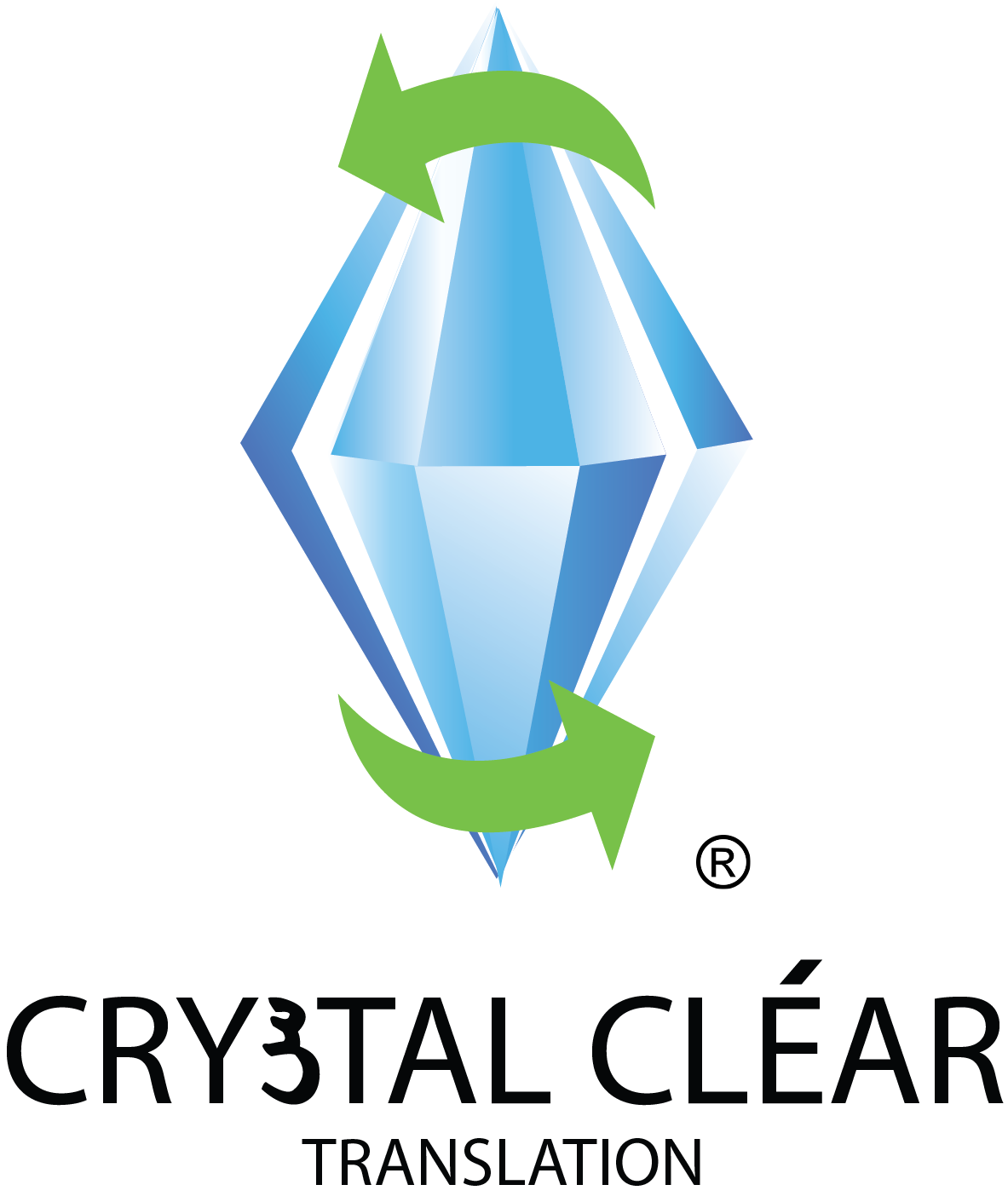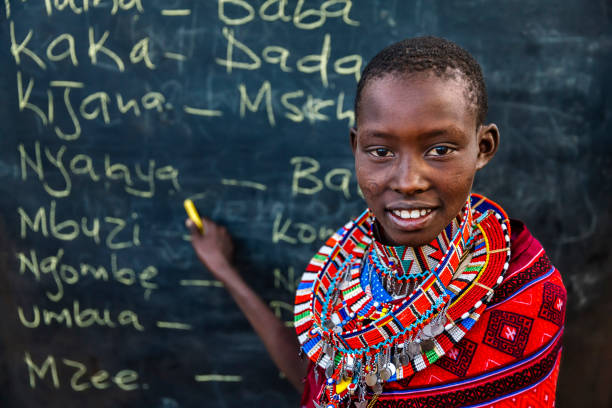Swahili is an extremely extensive language, in order to understand it further, we have put together a guide to aid your understanding.
Swahili is a language native to the Swahili people and part of the Bantu language family.
Where is Swahili spoken?
Spanning across a vast string of regions, Swahili has official language status within Kenya and Tanzania. In addition, it is widely spoken within Uganda, and the Democratic Republic of Congo and serves as a national language. The influence of this language extends even further with Burundi, Rwanda, Mozambique, Northern Zambia and Malawi having speakers in smaller proportions.
How many people speak Swahili?
It is estimated that between 50-150 million people speak the language either as a native tongue or a second language. The exact number is not known, it varies greatly and is a matter of debate.
People who speak Swahili as their soul language are known as Waswahili people.
Swahili Origins
Research has found that approximately 20% of the Swahili language consists of loan words. Many these are taken from Arabic, and interestingly enough the name ‘Swahili’ is in fact Arabic in itself. It first came about as a language used by Bantu tribes and from then on it spread and evolved throughout many east African regions.
It’s not just Arabic that Swahili is influenced by it has been discovered that dialects such as Malay, Portuguese and Persian also have influence.
The main Swahili dialects
There are 15 dialects within the language, however only 3 of these are considered main dialects. They vary based upon region. Standard Swahili is based upon Kiunguja .
Kiunguja- Spoken in mainland Tanzania and Zanzibar.
Kimvita- Spoken in Kenya and Mombasa.
Kiamu- Spoken on the island of Lamu and surrounding areas.
Day to day uses
Dependent on where you find yourself, the uses of Swahili differ. For instance, places such as Kenya, Tanzania and Congo use the language for business and administration purposes- meaning that it is considered a working language. It is important to note that many of these regions also used Swahili along with English and French in educational settings.
Some interesting facts about the Swahili language
- It is thought that Swahili is the easiest African language for English speakers to learn- this is because like English, Swahili is a language without lexical tone.
- There is a hybrid English/Swahili dialect called ‘Sheng’- it originated within Nairobi amongst youths.
- The first Swahili script dates back to the 17th century.
Final Thoughts
We have discovered that Swahili has a rich cultural history, which spans across multiple regions. It was first introduced as a trade language and later evolved into an extremely widely spoken language throughout many regions of Africa. Although, we cannot be sure of the exact number of speakers, we can be certain that it will continue to evolve, and it will be kept rife by its ample speakers.
Do you require our services?
Should you require a translation or interpretation services, visit Crystal Clear Translation for a quote.


